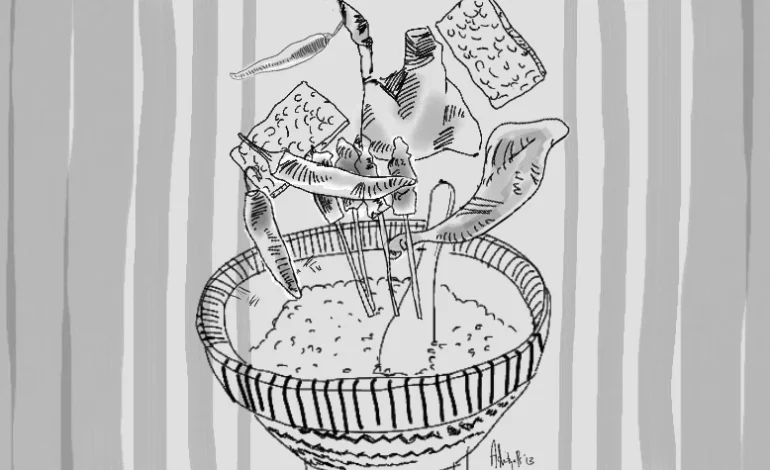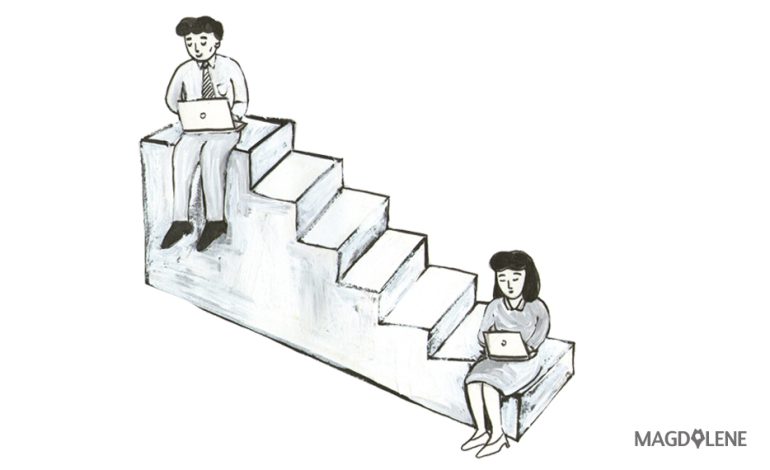Asian Women Migrant Workers Offers Food to Cure Homesickness in Kobe Restaurant

The night was young when some friends and I arrived at Sala, a pan-Asian restaurant near the Chinatown of the port city of Kobe. It is an inspirational place because it was built by those who translate the phrase “empowerment for all” into reality. And they are mainly women.
Sala is not like your typical restaurant. Along with serving meals and drinks, it goes the extra mile to ease your homesickness with a cozy living room vibe. Here you can savor authentic mouth-watering cuisines as well as beers from Southeast and East Asian countries, while admiring impressive artworks and decorations, some of which could be from your own home countries.
The idea for the restaurant came when owner Naoko Kuroda decided she wanted to start a business to support women migrant workers living in Kobe. She then involved these women to contribute their ideas for the menu. The women migrant workers cook dishes from their own countries at the restaurant.
One of the women who had been involved with the restaurant is Cecil Montenegro, with whom I was a participant for the Japan visit program for migrant workers activists, a project conducted by Sasakawa Peace Foundation in November.
A former Filipino migrant worker, she came to Japan in early 2000s as an entertainer. While working there, Cecil was exploited and sexually harassed, eventually leading her to return home with her two children empty-handed and crestfallen. She chose to rear her children back in the Philippines, and now she is the president of Batis-AWARE (Association of Women in Action for Rights and Empowerment), an organization supporting Filipino migrant women.

After 10 years, she was back in Japan with renewed spirit. A couple of years back she painted one of the murals in the restaurant. Speaking to Cecil, I sensed her mixed feelings. She burst into laughter at one point, but other times she seemed to be overcome with the nostalgia of her gloomy days in the past.
Sala is a gathering point that allows her to meet with her loved ones, such as her husband, a Filipino migrant worker, her old friends and colleagues, and Professor Takeda Joe from Kwansei Gakuin University, who has been very supportive of her. The ambience in Sala is filled with so much creativity by migrants that anyone hanging out here would be quickly intrigued to discuss the issues faced by migrant workers.
“That’s why this place was named Sala,” Cecil proudly introduced the concept of the restarant during our dinner. “In Tagalog, it means a living room where you can gather with the family and friend, just to relax, watch TV and eat.”

While scanning the room, my eyes were fixated on a mural on one side of the wall of a group of women of various complexion in traditional dresses. This artwork was painted by Cecil a couple of years ago. The women exude strength as well as warmth and they embody the spirit written on the upper left corner of the mural, “empowerment for all.”
The Japan visit was part of the project “International Labor Migration and the Role of Civil Society in Asia” conducted by the Sasakawa Peace Foundation.
Daniel Awigra is the program manager of ASEAN Human Rights Advocacy, HRWG, in Indonesia?






















